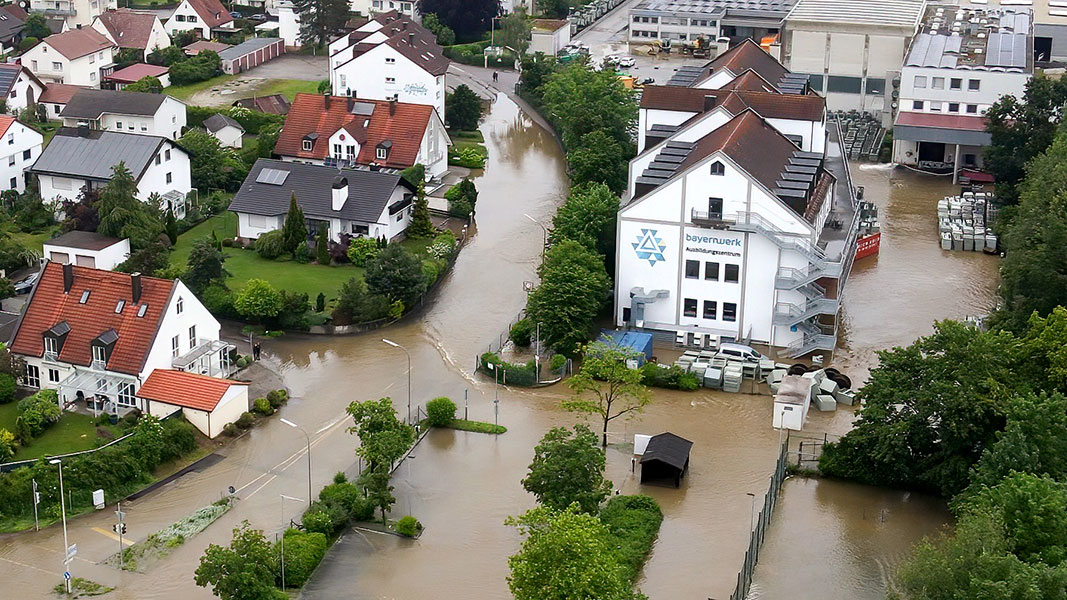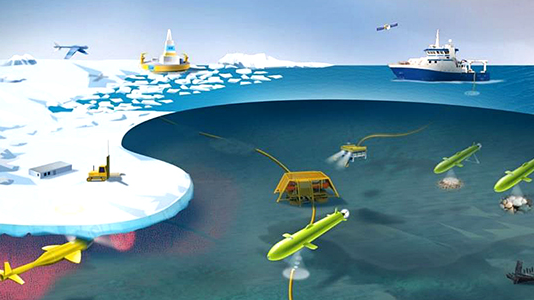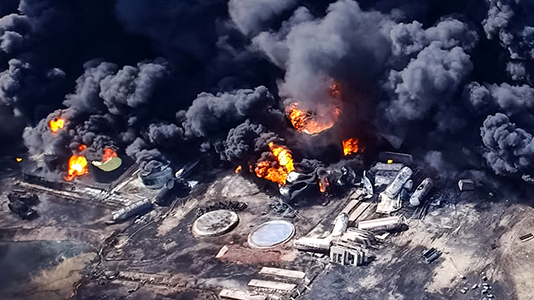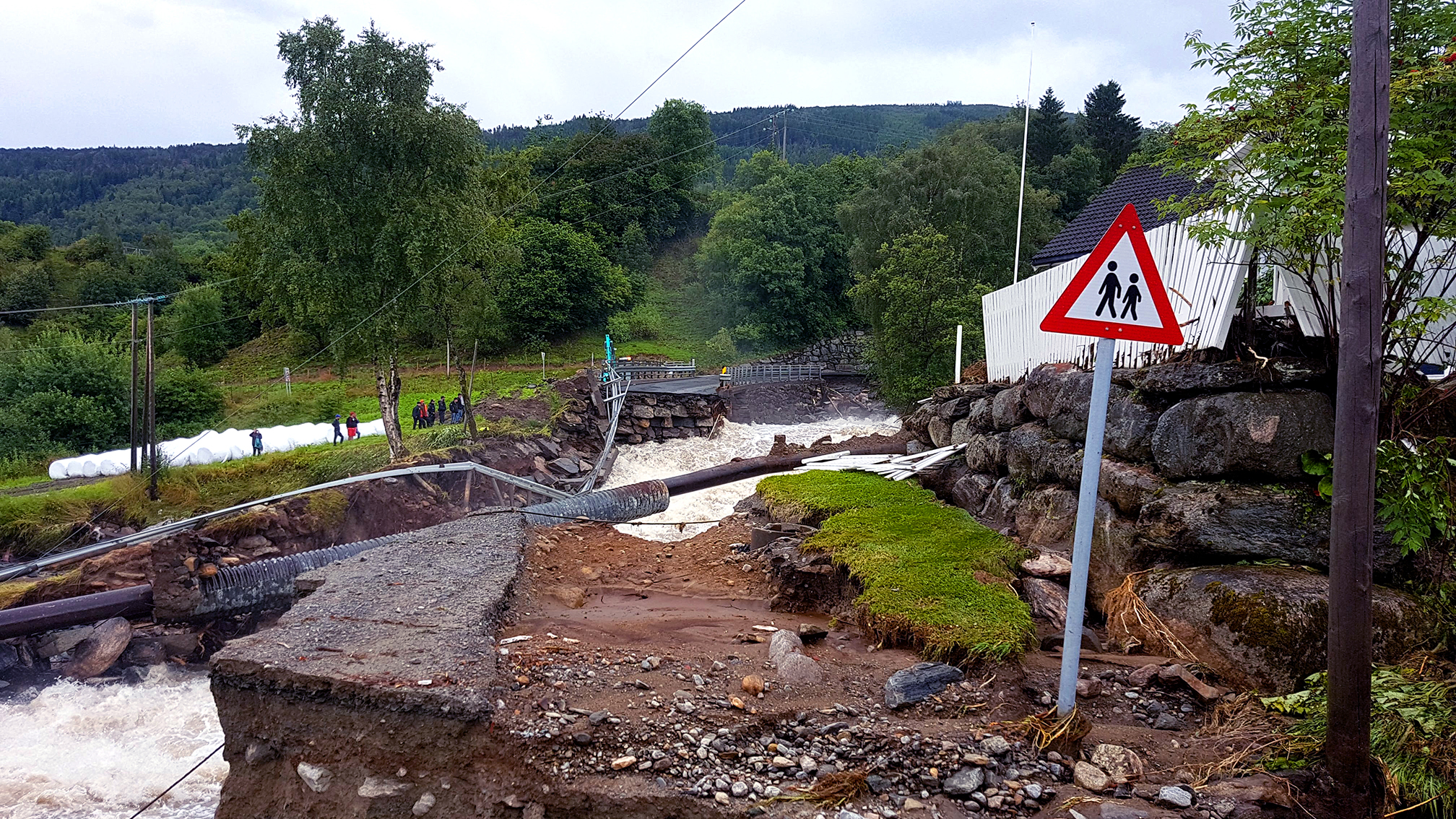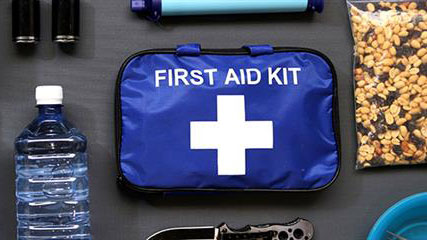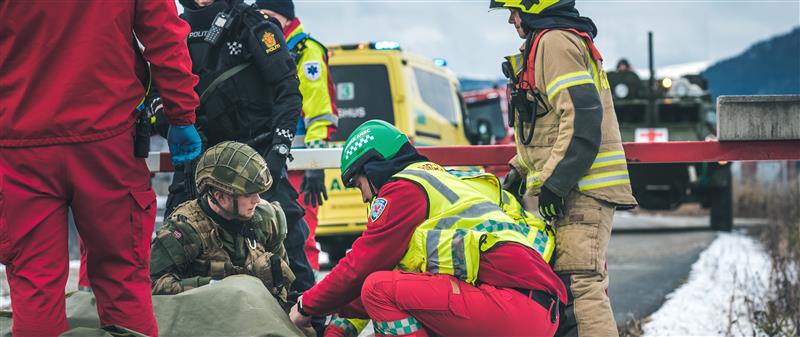Civil Security - Strategic research area

NTNU Civil Security
Knowledge for a safer society
Strategic research area 2024–2031
Civil security and emergency preparedness are about society's ability to protect against and manage incidents that threaten fundamental values and functions and endanger life and health. Examples of such incidents are natural disasters, pandemics, conflict and war, technical or human error or deliberate actions.
Fundamental values are the protection of the population, democracy, the rule of law and national independence.
Critical societal functions are functions that are necessary to meet the basic needs of the population and society (food, water, energy, security, etc.) and the population's sense of security.
Critical infrastructure is the facilities and systems that are necessary to maintain society's critical functions.
- Critical societal functions and critical infrastructure
- Climate adaptation and natural hazard management
- Security of supply and value chains
- Cyber security and vulnerability
- Liberal world order in transition
- Knowledge of the risk picture, threats/hazards, vulnerabilities and assets
- Methods and tools for safety and emergency management
- Security theories and models
- Characteristics of a resilient society ("Resillience")
- Measures and solutions (regulation, organization, technology, etc.)
- Cross-sectoral coordination
Events
- Follow us on LinkedIn and stay updated on the latest from NTNU Civil security
- Follow us on LinkedIn and stay updated on the latest from NTNU Civil security

